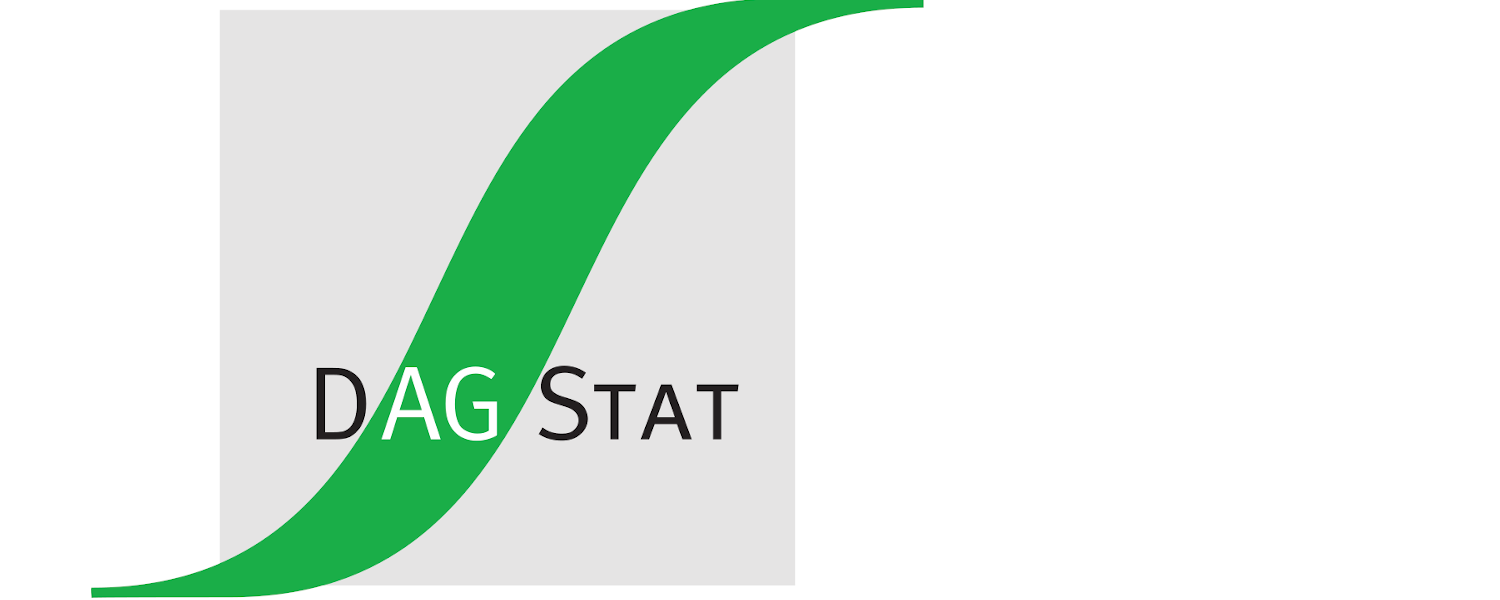Neural Networks and Deep Learning
| Date & Time | March 28, 2022, 10:00 a.m. - 4:00 p.m. |
| Location | Online through Zoom |
| Minimum Number of Participants | 10 |
| Maximum Number of Participants | 30 |
| Tutorial Fee | 45 € / 25 € (regular / student) |
| Lecturer | Stefan Simm |
Content
In this course you will get practical knowledge to perform general machine learning and, in particular, convolutional neural nets and the necessary theoretical background to troubleshoot when transferring the knowledge to solve own problems. The class will be hands-on and interactive. The course topics include an introduction to:
- Fully-Connected Neural Network
- Convolutional Neural Network (CNN)
In the hands-on part we will focus on the classification of biological sequences via CNNs. In this example we will include two non-coding RNA (ncRNA) types and try to train and validate our CNN to discriminate between them. For this we are using snoRNAs classes as ncRNA which are distinct in their structure and conserved motifs within the cell. Both types fulfill a specific biological function during the maturation of the rRNA. Detection of ncRNAs is of major importance in medical and biological research as they take in essential roles in the regulatory machinery of the cell. During the course we will implement different CNNs and the different layers to understand the effect of the single layers and also the possibilities. Further, the accuracy of the CNN will be analyzed to validate our predictions.
Requirements
- Basic programming skills in any language
- Some familiarity with numpy and python synta
- JupyterLab workspace https://jupyterhub.wolke.uni-greifswald.de, should work on any browser from a computer with an IP address from the university
(A Powerpoint presentation as introduction and a folder with jupyternotebooks for including in the jupyterhub will be provided two weeks before the course.) - A device with a browser, keyboard and a VPN connection to the Rechenzentrum is required (via Guest Account)
- Maximum of 20 Guestusers (Participants have to register until 1.March 2022)
Lecturer
Prof. Dr. Stefan Simm
Institute of Bioinformatics, University Medicine Greifswald; Walther-Rathenau-Str. 48; 17489 Greifswald; Germany, Email: stefan.simm@uni-greifswald.de; Phone: 0049-3834-86-5443
Education & professional positions
since 2019 W1 Assistant Professor of Bioinformatics, University medicine Greifswald
2013-2019 Wissenschaftlicher Mitarbeiter, Group Leader, Goethe University Frankfurt, Germany
2010-2013 PhD student at Goethe University Frankfurt, Germany
2004-2009 Diploma student of Bioinformatics, Goethe University Frankfurt, Germany
Associated memberships
2014-2016 Associated Member Marie Curie SPOT-ITN consortium
2011-2013 Associated Member of SFB902, “Molecular Principles of RNA-based Regulation”
Awards & Honors
2020 Top10 Position in the “EHR Dream challenge: Patient mortality”
2015 Poster Price at the Black Forest Summer School “NGS data for phylogenetics”
Current research interests & achievements
Evolutionary conservation in plants, biomarker identification in stress response via NGS, integrative multi-omics related to regulatory mechanisms in plants under abiotic stress, ML approaches to detect ncRNAs and secondary structure elements, modular neural nets to predict importance of metabolic pathways for certain diseases,
Five most relevant publications in the context of Application
- Hu Y., Fragkostefanakis S., Schleiff E., Simm S. (2020) Transcriptional Basis for Differential Thermosensitivity of Seedlings of Various Tomato Genotypes. Genes (Basel) 11(6):655.
- Keller M., Schleiff E., Simm S. (2020). miRNAs involved in transcriptome remodeling during pollen development and heat stress response in Solanum lycopersicum. Scientific Reports 10(1):10694.
- Berz J., Simm S., Schuster S., Scharf K.D., Schleiff E., Eberberger I. (2019). HEATSTER: A Database and Web Server for Identification and Classification of Heat Stress Transcription Factors in Plants. Bioinformatics and Biology Insights 13:1177932218821365.
- Keller M., SPOT-ITN Consortium, Simm S. (2018). The coupling of transcriptome and proteome adaptation during development and heat stress response of tomato pollen. BMC Genomics 19(1):447.
- Simm S., Fragkostefanakis S., Paul P., Keller M., Einloft J., Scharf K.D., Schleiff E. (2015a). Identification and Expression Analysis of Ribosome Biogenesis Factor Co-orthologs in Solanum lycopersicum. Bioinformatics and Biology Insights 9, 1-17.
References
- https://www.tensorflow.org/
- https://towardsdatascience.com/an-introduction-to-convolutional-neural-networks-eb0b60b58fd7
- https://becominghuman.ai/convolutional-neural-network-a-brief-introduction-c044302b3271
- https://www.ncbi.nlm.nih.gov/pmc/articles/PMC5540506/
- https://www.sciencedirect.com/science/article/abs/pii/S1476927120308732
